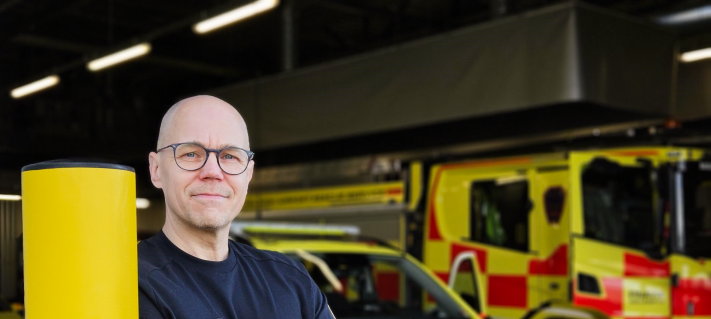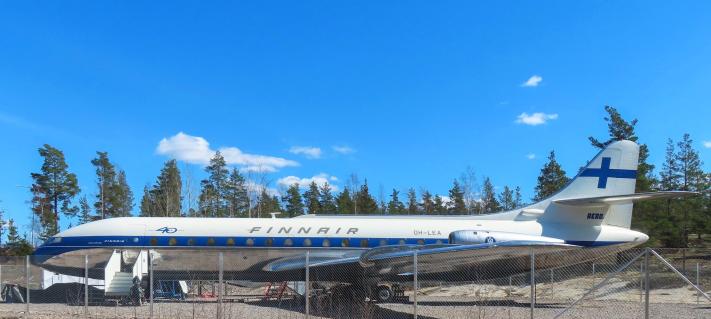In everyday language, airport slots refer to a plane’s pre-agreed departure and landing times at the airport. In reality, things are a bit more subtle.
“An airport slot stands for all the time and infrastructure which one aircraft needs to land and to take off. At Helsinki Airport slots are given between 5 minutes, and their use is monitored constantly,” shares Tiina Nokkala, slot coordinator at Helsinki Airport. Nokkala is the only professional flight slot coordinator in Finland.
Airport slots are used in air traffic primarily to prevent the busiest hubs from overcrowding during peak hours by keeping the flow of takeoffs and landings smooth. The slot system also helps to reduce airport hassle that passengers may find irritating, like long waiting times on the runway.
The coordination of slots is also vital because certain takeoff times, such as those in the morning and afternoon, are very popular. As airlines have overlapping requests for slots, they need to be reconciled. Airlines are also monitored: They must use the given slots correctly.
Continuous international collaboration
The smooth operation of air traffic is guaranteed by strictly regulated international co-operation. Airport slots are in use as a global system and on the EU level, there is a separate regulation, which sets various standards for different types of airports.
The extent to which the takeoff and landing slots of airports are coordinated varies across the world. The main hubs of Asia and Europe are heavily coordinated, while in the US, coordination has become more common quite recently, and in Africa, for example, coordination is just beginning.
At the moment, Helsinki Airport is the sole slot coordinated airport in Finland. That might change, though: the need to coordinate Lapland’s busy airports has also been discussed.
The prioritisation of airlines’ requests is a complex process, which is streamlined by a succession right of sorts. If a company has been operating the same slot in the past, it is usually entitled to the slot also in the future. These so-called historical slots are valuable.
“This means, in practice, that if for example Lufthansa has flown from Helsinki to Munich at 2 pm for years, it will be entitled to the same slot in the future as well. During peak hours, slots are the most valuable, and no company voluntarily gives up popular slots,” says Nokkala.
Algorithms run the night
Tiina Nokkala coordinates the slots of Helsinki Airport by herself, although in principle slots have to be coordinated around the clock. Thorough advance planning and automation
outside office hours make it possible for one person to handle the effort. Finnish officials have approved the automation of coordination, which is not the case in all countries.
The need for slot coordination is on the rise.
“Growth in air transport is a challenge for our type of work. We have to think more and more with European colleagues about how to ensure that regulations are interpreted in the same way in different countries. It seems that deviations are constantly increasing, suggesting that, as traffic increases, rules are being stretched. It could be said that work has become quite a bit more challenging over the years”, Nokkala concludes.
Read more about the slot coordinator Tiina Nokkala's work
Do you know how the runway for each plane is decided?



